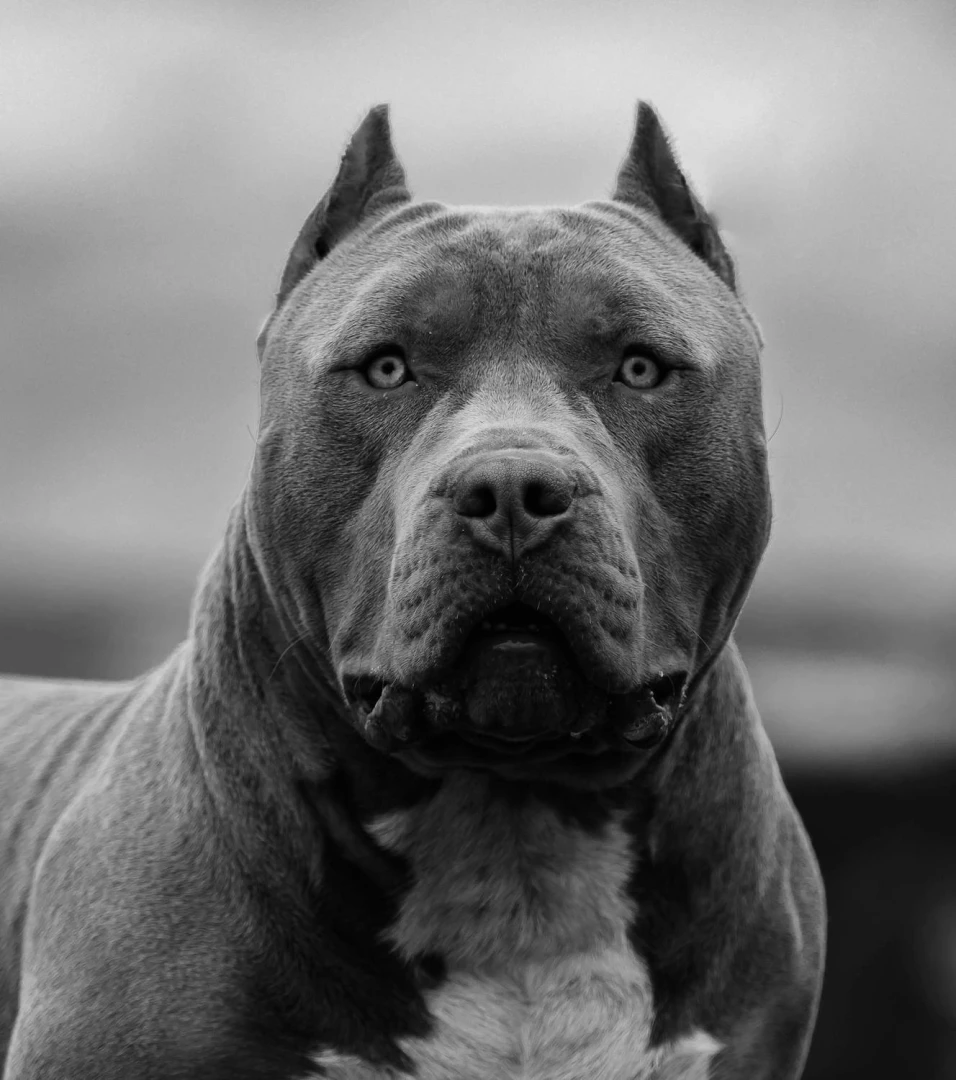
Mastiff
About
The Mastiff is a gentle, loyal, and protective breed that makes a devoted family companion and guardian. With their imposing size, calm temperament, and nurturing nature, Mastiffs thrive in homes that can provide attention, training, and moderate exercise. Their affectionate disposition and natural watchfulness make them a cherished addition to families seeking a dependable and loving canine friend.
 Breed Size
Breed Size
-
Weight (Male)
79-95 kg
-
Weight (Female)
68-86 kg
-
Height (Male)
69-76 sm
-
Height (Female)
69-76 sm
 Coat
Coat
-
Fur Type
Double
-
Color
One color
 Care
Care
-
Walk
>30 minutes/day
-
Breed group
Working Group
-
Breed Size
XL
-
Demeanor category
Alert/Responsive
 Breed Traits
Breed Traits
-
Barking
-
Good with young children
-
Drooling
-
Energy level value
-
Grooming frequency value
-
Good with other dogs
-
Trainability
 Breeds Club Recognition
Breeds Club Recognition
-
Trainability Category
>Agreeable
-
Temperament
>Courageous, Dignified, Good-Natured
Description
The Mastiff is a giant, powerful guardian dog, originally bred in England over 2,000 years ago for guarding, protection, and war. This breed descends from ancient Molosser-type dogs, resulting in an intelligent, calm, and highly protective companion.
- Origin: England, developed for guarding and protection.
- Smart and trainable: Quick learner but can be independent.
- Loyal and protective: Forms deep bonds with its family.
- Energetic but gentle: Requires moderate exercise and mental stimulation.
- Short, dense coat: Low maintenance but sheds seasonally.
The Mastiff is a devoted and fearless guardian, excelling in protection, obedience, and companionship. With proper training and early socialization, they become well-mannered, affectionate pets best suited for experienced owners and large spaces.
